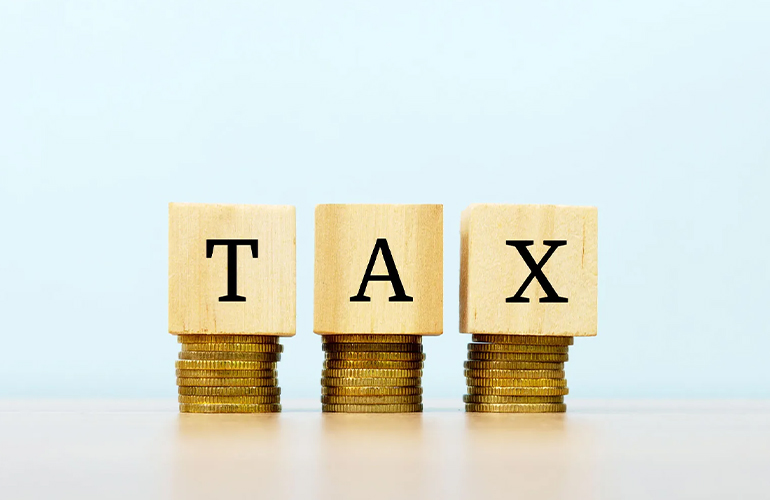Navigating through the labyrinth of tax regulations can be a daunting task for many. However, understanding the Income Tax Rules of 2002 in Pakistan is essential for both individuals and businesses to ensure compliance with the law and to optimize tax liabilities.
This post aims to demystify the complexities of these rules and provide you with a clear understanding of your obligations and entitlements under the Pakistani tax system.
The Framework of Income Tax Rules 2002
The Income Tax Rules 2002 were established to define the practical application of the Income Tax Ordinance 2001. This framework lays out the procedures, forms, and details necessary for implementing the provisions of the Ordinance.
Key Definitions and Concepts
At the heart of the Income Tax Rules is the definition of taxable income, which includes salaries, business profits, capital gains, and income from other sources. It’s crucial to comprehend these categories as they form the basis for tax calculation.
Taxpayer Registration and Documentation
The first step for any taxpayer is to get registered and obtain a National Tax Number (NTN). Following registration, maintaining proper documentation and records is critical for transparency and to facilitate the tax filing process.
Filing of Returns and Compliance
Annual Tax Returns
Taxpayers are required to file an annual income tax return. The process has been simplified through online systems, allowing for electronic submission of returns, which is both time-efficient and environmentally friendly.
Withholding Taxes
A significant aspect of the Income Tax Rules is the concept of withholding taxes, where tax is deducted at the source for various transactions, including salaries, contractual payments, and international transactions.
Tax Credits and Deductions
Allowable Deductions
Understanding what expenses are deductible is key to reducing taxable income legally. The Rules outline a variety of deductions, including allowances for charitable donations, investments, and education.
Tax Credits
The government offers several tax credits to incentivize certain behaviors among taxpayers, such as investment in shares and insurance, education expenses, and charitable contributions.
Penalties and Audits
Avoidance of Penalties
Non-compliance with the Income Tax Rules can result in hefty penalties. It’s essential to be aware of the deadlines and requirements to avoid any punitive measures.
Audits and Assessments
The tax authorities have the right to audit financial affairs. However, if your records are in order, this should be a straightforward verification process.
Conclusion
Staying informed about the Income Tax Rules 2002 in Pakistan is not just about compliance; it’s also about making the most of the benefits and reliefs that the law provides. By understanding your tax obligations and rights, you can navigate through the tax year with confidence.
For detailed information on the Income Tax Rules 2002 and to ensure you remain compliant, always consult with a tax professional or refer to the official publications by the Federal Board of Revenue (FBR) in Pakistan.
